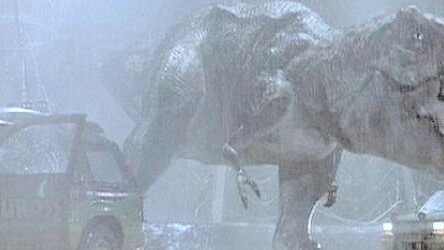

Mammoths went extinct about 10,000 years ago, but the team will use DNA extracted from preserved corpses found in Siberia. They will then insert the DNA into African elephant eggs that have had their DNA removed. If the insertion is successful then the eggs will be placed in an adult elephant. If the elephant carries the egg to term (after a 600 day gestation period), we may have a newborn Wooly Mammoth… or a very hot (cold?)– confused– African Elephant.
 Kinki University’s Faculty of Biology Oriented Science and Technology attempted the insertion three times before, over 10 years ago. Unfortunately, the mammoth cells were damaged due to frost damage.
Kinki University’s Faculty of Biology Oriented Science and Technology attempted the insertion three times before, over 10 years ago. Unfortunately, the mammoth cells were damaged due to frost damage.
But there’s new hope. Another Japanese scientist, Teruhiko Wakayama of RIKEN successfully cloned a mouse from a body frozen for 16 years. With the mice, Wakayama was able to use DNA to create partially viable embryos, then use the embryonic cell DNA to create clones. Using this technique, Iritani’s group hopes they will find the missing ingredient that will allow them to succeed.
A team of scientists has already been assembled for the “Mammoth Creation Project.” And they’ve already asked zoos around the world for egg donations.
But of course, the re-creation of an extinct species has raised a serious ethical question:
“If a cloned embryo can be created, we need to discuss, before transplanting it into the womb, how to breed [the mammoth] and whether to display it to the public. After the mammoth is born, we’ll examine its ecology and genes to study why the species became extinct and other factors.”
— Akira Iritani, Daily Yomiuri, 2011
But wait, crap, remember how Jurassic Park ended?

Get the TNW newsletter
Get the most important tech news in your inbox each week.





